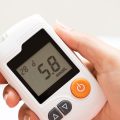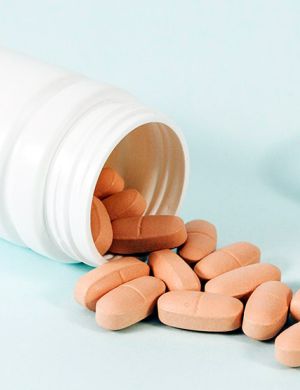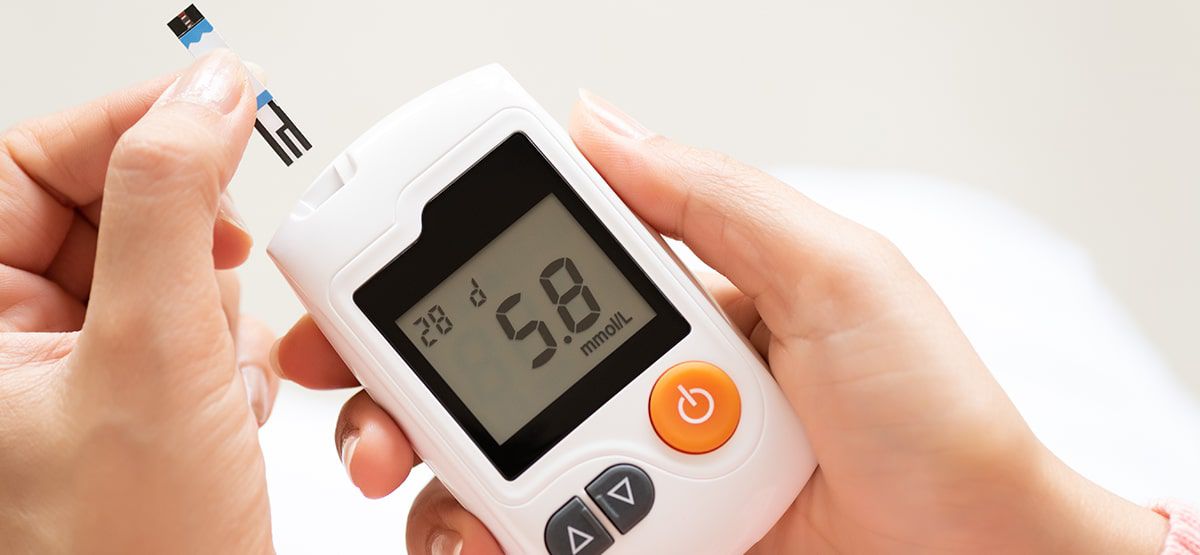
Medical Devices-USA/Europe Regulatory News-July 2023
USA(FDA)
Content of Premarket Submissions for Device Software Functions
The purposes of this document, FDA refers to a software function that meets the definition of a device as a device software function.
This guidance recommends the information to provide in a premarket submission that includes a device software function(s). For the purposes of this guidance, the term premarket submission includes, but is not limited to, premarket notification (510(k)) submission, De Novo classification request, Premarket Approval (PMA) application, Investigational Device Exemption (IDE), Humanitarian Device Exemption (HDE), or Biologics License Application (BLA). Certain devices are subject to premarket review through a BLA under section 351 of the Public Health Service Act.
This guidance does not apply to automated manufacturing and Quality System software or software that is not a device. For further information or to clarify the documentation expectations, please contact the responsible FDA review division.
Generally, the recommendations in this guidance apply to the device constituent part of a combination product18 (such as drug-device and biologic-device combination products) when the device constituent part19 includes a device software function, including combination products assigned to CDER and CBER regulated under drug or biological product market submission types. For more information, contact the FDA review Division that will have the lead review for the combination product.
Requests for Feedback and Meetings for Medical Device Submissions: The Q-Submission Program
The purpose of this guidance document is to provide an overview of the mechanisms available to submitters through which they can request feedback in writing or during a meeting with the Food and Drug Administration (FDA) regarding potential or planned medical device Investigational Device Exemption (IDE) applications, Premarket Approval (PMA) applications, Humanitarian Device Exemption (HDE) applications, Evaluation of Automatic Class III Designations (De Novo requests), Premarket Notification (510(k)) Submissions, Clinical Laboratory Improvement Amendments (CLIA) Waiver by Applications (CW), Dual 510(k) and CLIA Waiver by Application Submissions (Duals), Accessory Classification Requests, and certain Investigational New Drug Applications (INDs) and Biologics License Applications (BLAs) submitted to the Center for Biologics Evaluation and Research (CBER)) (specifically, INDs and BLAs for devices that are regulated as biological products under section 351 of the Public Health Service (PHS) Act).
The types of Q-Subs covered by this guidance in detail are listed in Sections III.A-D of this guidance. Some other submission types are noted solely to indicate that they are tracked with a “Q” number and should be submitted following the processes for Q-Subs, while their details and processes are covered in separate guidance documents (see Sections III.E and F of this guidance). Finally, there are other interactions with FDA that are outside the scope of the Q-Sub program.
EUROPE
Add 1 – MDCG Position Paper on the application of Art.97 MDR to legacy devices for which the MDD or AIMDD certificate expires before the issuance of a MDR certificate
The position paper MDCG 2022-18 was published in December 2022 to provide a uniform approach to the application of Article 97 of Regulation (EU) 2017/745 on medical devices (MDR) in situations where a certificate issued under Directive 93/42/EEC (MDD) or Directive 90/385/EEC (AIMDD) has expired or expires before issuance of the necessary certificate(s) in accordance with the MDR. The use of Article 97 MDR in those situations was meant to be a temporary solution. The goal of the position paper MDCG 2022-18 was to contribute to avoiding disruption of supply of devices on the EU market needed for health systems and patients.
Regulation (EU) 2023/607 has averted the imminent risk of shortages of critical legacy devices related to the expiry of MDD/AIMDD certificates.
The MDCG recommends that national CAs limit the application of Article 97 MDR as set out in MDCG 2022-18 to very exceptional situations, e.g. where the national competent authority (CA) has received information justifying the application of Article 97 MDR prior to 20 March 2023.
New Commission Implementing Regulation (EU) 2023/1194 on transitional provisions for products without an intended medical purpose (Annex XVI)
New Commission Implementing Regulation (EU) 2023/1194 on transitional provisions for products without an intended medical purpose (Annex XVI).
Regard to Regulation (EU) 2017/745 of the European Parliament and of the Council of 5 April 2017 on medical devices, amending Directive 2001/83/EC, Regulation (EC) No 178/2002 and Regulation (EC) No 1223/2009 and repealing Council Directives 90/385/EEC and 93/42/EEC (1), and in particular Article 1(2), in conjunction with Article 9(1).
UNITED KINGDOM (MHRA)
Regulating medical devices in the UK
The Medicines and Healthcare Products Regulatory Agency (MHRA) is responsible for regulating the UK medical devices market.
This guidance provides information on the UK system, including for:
- Getting your device certified
- Conformity marking your device
- Registering your device with the MHRA
This guidance is divided into sections on the different rules that apply in Great Britain, Northern Ireland and the EU. Great Britain is England, Wales and Scotland.
Update
Published overview of timelines for placing CE marked IVDs on the Great Britain market.
Implementation of medical devices future regime
The government intends to introduce regulations in future that will implement a substantial reform of the current regulatory framework for medical devices in the UK.
The approach to this reform was outlined in the government response to the 2021 consultation on the future regulation of medical devices in the UK. The government will ensure that there is a proportionate, phased approach to the implementation of the future regulatory framework, which supports system readiness and minimizes the risk of supply disruption for UK patients.
This guidance has been updated to reflect that the government is now aiming for core aspects of the future regime for medical devices to apply from 1 July 2025.
Update
Published overview of timelines for placing CE marked IVDs on the Great Britain market
Register medical devices to place on the market
How to register your medical devices with the Medicines and Healthcare Products Regulatory Agency (MHRA) for the markets in Great Britain and Northern Ireland.
Update
Updated guidance on registration of certain medical devices which are reusable Class I devices, upclassified Class I devices, and/or reliant on expired/expiring CE certificates.
Software and AI as a Medical Device Change Program
The Medicines and Healthcare Products Regulatory Agency (MHRA) have embarked upon an ambitious program of reform to ensure that medical device regulation is fit for purpose for software, including artificial intelligence (AI).
This work program will deliver bold change to provide a regulatory framework that provides a high degree of protection for patients and public, but also make sure that the UK is the home of responsible innovation for medical device software.
MHRA / HRA Coordinated pathway
The Medicines & Healthcare products Regulatory Agency (MHRA) and the Health Research Authority (HRA) are please to confirm that the Coordinated pathway process will resume Monday 22 May 2023.
The MHRA in partnership with the HRA can offer a new coordinated assessment pathway which will streamline the review of clinical investigations involving medical devices. This assessment pathway will benefit applicants by ensuring the MHRA review, and the Research Ethics Committee (REC) review are undertaken in parallel, and information will be shared.
MHRA is collaborating with the HRA on the coordinated assessment pathway which involves our two organizations sharing information during our assessment of medical device clinical investigations. For this process we require the MHRA Devices application to be submitted first and then the REC application to be submitted as soon as MHRA has confirmed the devices application to be valid.
The Medical Devices Amendment 2023 No. 627 Statutory Instruments
Effective for, 1 July 2023 the UK are giving additional time to manufacturers and importers to place CE marked Medical devices on the Market in Great Britain (GB).
The Manufactures can also use the UKCA Conformity assessment route too.
Notify the MHRA about a clinical investigation for a medical device
The guidance explains about How to notify the MHRA of your intention to carry out a clinical investigation for medical devices.
A notification to the MHRA will not be required for medical devices that are UKCA / CE / CE UKNI marked for the purpose that is under investigation.
IRELAND (HPRA)
Clinical Trials Conducted under the Clinical Trials Regulation (CTR) in Ireland
Clinical trials contribute significantly to advances in medical treatment. They may be conducted for a range of purposes, for example to test whether a new treatment or combination of treatments is safe and effective, or to explore new ways to use existing medicines.
A new EU Clinical Trial Regulation (Regulation No 536/2014, hereafter ‘CTR’), was adopted on 16 April 2014, and became applicable on 31 January 2022. The CTR is designed to benefit patients and medical research in Europe by streamlining the approval of clinical trials across the Member States.
This guide covers clinical trials as defined in the CTR, that are intended to be conducted, or are being conducted, in Ireland under the CTR.
Clinical trials outside the scope of the CTR and, therefore, not covered by this guide include:
Clinical trials submitted under the Clinical Trials Directive (Directive 2001/20/EC, CTD, implemented nationally as S.I. 190/2004) during the first year of a three-year transition period, commencing 31 January 2022.
Non-interventional studies as defined in the CTR.
Clinical studies involving only medical devices, food supplements, or other non-medicinal therapies (such as surgical interventions). For medical devices, please refer to the HPRA ‘Guideline on Clinical Investigations’, which can be found on the HPRA website (www.hpra.ie).
Notice to regarding change of HPRA case management system for medical devices
The guidance explains about officially change to a new case management system for medical devices on 6 June.
Changes
Change of case reference number (CRN)
Previously, our market surveillance or vigilance case reference numbers were displayed as VXXXXX or MSXXXXX. Case numbers will now be alpha numerical for example CRN00011X. We will still be able to identify any closed or ongoing cases using the old reference numbers.
Changes to email communications
New cases will be assigned a dedicated e-mail address for example Case Number@case.hpra.ie.
This will enable you to send case-specific communications directly to the allocated team.
E-mail correspondence sent to you from the HPRA that is relevant to the case will come from this dedicated e-mail address.vant to the case will come from this dedicated e-mail address. from this dedicated e-mail address.
Don’t miss out! Click here to stay in touch.
Categories
- Biopharma (58)
- Consumer Health (21)
- Cosmetics (11)
- Diagnostics (5)
- Digital Health (8)
- Food (2)
- Medical Device (112)
- OTC (5)
- Regulatory Intelligence (13)
- Standards (41)
Recent Blogs
Get the latest updates from Vistaar

Related Posts
CONNECT WITH US

Let's talk about how Vistaar can help you



